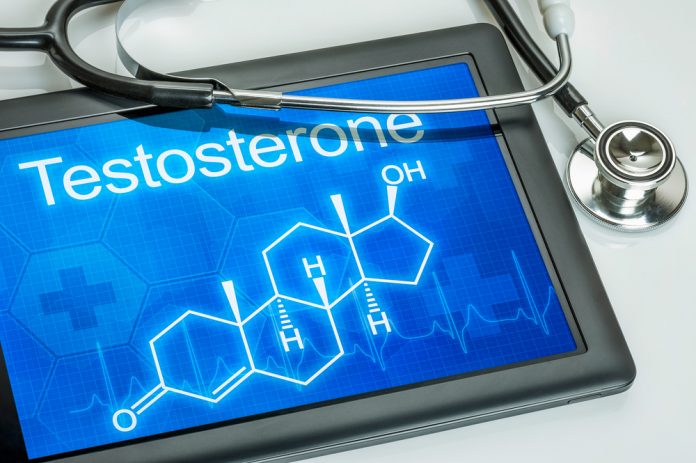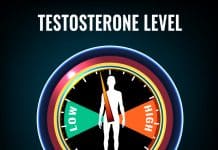In theory testosterone replacement should approximate the body’s own natural production of the hormone. The average male produces 4 to 7 mg of testosterone a day with plasma levels in early morning and lower levels in the evening. Women produce around a 12th of those rates.
Testosterone replacement is usually a life-long commitment. It is a decision that should not be made without a discussion with your health care provider. Starting and stopping testosterone can have negative effects on someone’s quality of life (more on this topic later).
There are testosterone replacement products that require daily dosing (orals, buccal, and gels), once a week or two weeks dosing (injections), and once every three- to four-month dosing (long-acting testosterone undecanoate injections) or testosterone pellets).
Males who are hypogonadal can be given continuous testosterone replacement therapy in a wide assortment of ways. These include:
1. Oral capsules
2. Testosterone injections
3. Transdermal (absorbed through the skin) testosterone cream or gel
4. Transdermal testosterone patch
5. Buccal (sublingual and gum adherent)
6. Pellets (that are implanted subcutaneously)
Recent Posts
Water Retention Caused by Anabolics and Testosterone
I think Patrick Arnold makes a great point about a potential mechanism for edema that has nothing to do with elevated estradiol.
People familiar with...
Testosterone Replacement Monitoring Targets and Their Management
Testosterone Replacement Monitoring Targets and Their Management
(Consult Your Physician Before Any Treatment Initiation, Cessation or Changes).
Total Testosterone ≥ 500 ng/dL for improvement in hypogonadism...
Research Options for Erectile Dysfunction: Stem Cells and More
The best paper to date summarizing research therapies for ED. I highly recommend reading the full paper below (attached file- Register on ExcelMale to...
Anabolic Steroid Induced Hypogonadism in Young Men.
Anabolic steroids and testosterone shut down the body's Hypothalamic-Pituitary-Testicular Axis (HPTA) while people use them and for a few weeks after cessation of these...
Overcoming Challenges in Weight Management
In this video, Dr. Justin Saya explains the challenges in weight loss management and the different therapies used to treat obesity.
















